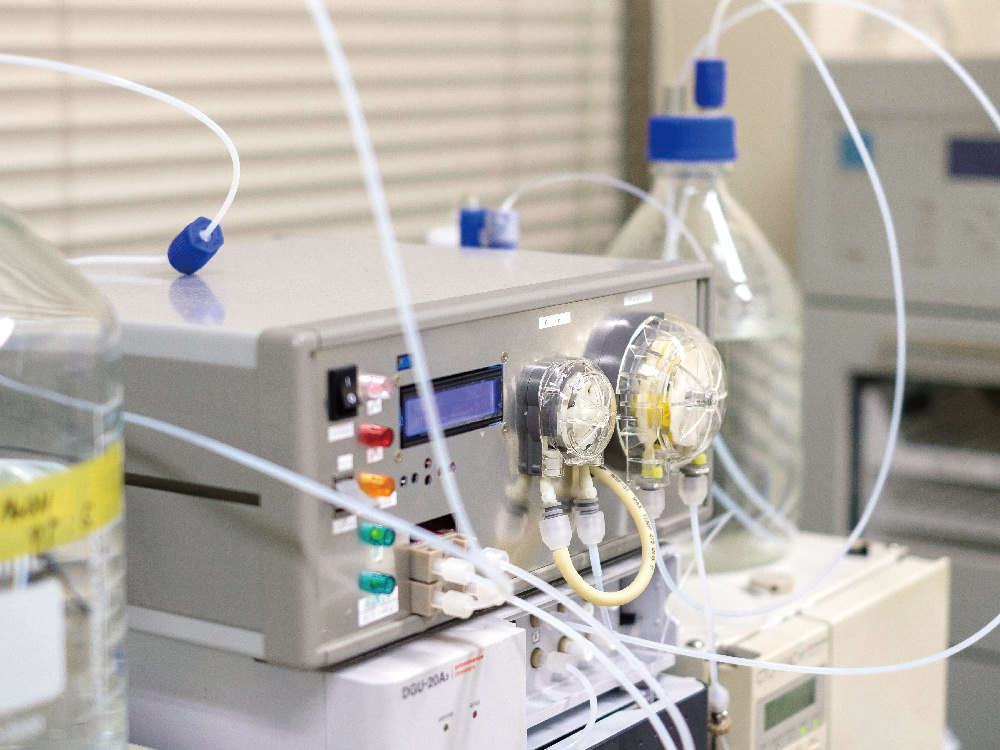

A deep and rich knowledge of mathematics and statistics have two aspects: an academic aspect to explore scientific truths, and a practical aspect where the results can be applied to natural, sociological, and engineering sciences. Informatics contributes to the development of science and engineering, and makes our life better and richer. Mathematics and Informatics Program conducts education and research in the realm of mathematical and computer sciences and aims to develop human resources who make society better.


Physics explores various natural phenomena and reveals the underlying fundamental laws of nature. The scope of research is wide and rainging from infinitesimally small atoms to the vast expanse of space. Physics and Astronomy Program develop human resources who research and analyze subjects, and solve relevant problems from a professional perspective by using the way of thinking of physics.


Chemistry, dealing with the matter, is the foundation of all fields of science and technology. Chemistry Program conducts education and research to elucidate the interrelationship between atoms and molecules, search and synthesize useful natural organic compounds, shed light on the structure and function of proteins which are the key to life phenomena and apply the results, and explore into the behavior of hazardous substances in the environment. We work to develop human resources who have a good understanding of chemistry and who are capable of applying and developing it.


Biology has a multiple of perspectives since it studies a wide variety of organisms living on the earth. There are microscopic studies to understand the individual organisms at the scale of cells and their constituent molecules, and macroscopic studies that examine the relationship between individual organisms, the environment around them and the ecosystem. Another evolutionary perspective is to study organisms on a time scale. Biology Program aims to develop human resources who can work as the engine to drive those fields forward.


Earth Science is a generic term for a variety of academic fields in natural sciences that deals with the study of the earth. The Program develops an understanding about the mechanisms of various phenomena taking place on the earth—earthquakes, volcanic activities, mineral growths, strata formation, and biological evolution—from the perspective of basic science through lectures, practical training, and experiments. The objective is to develop human resources who are able to observe, record and interpret properly the earth’s past and present conditions.